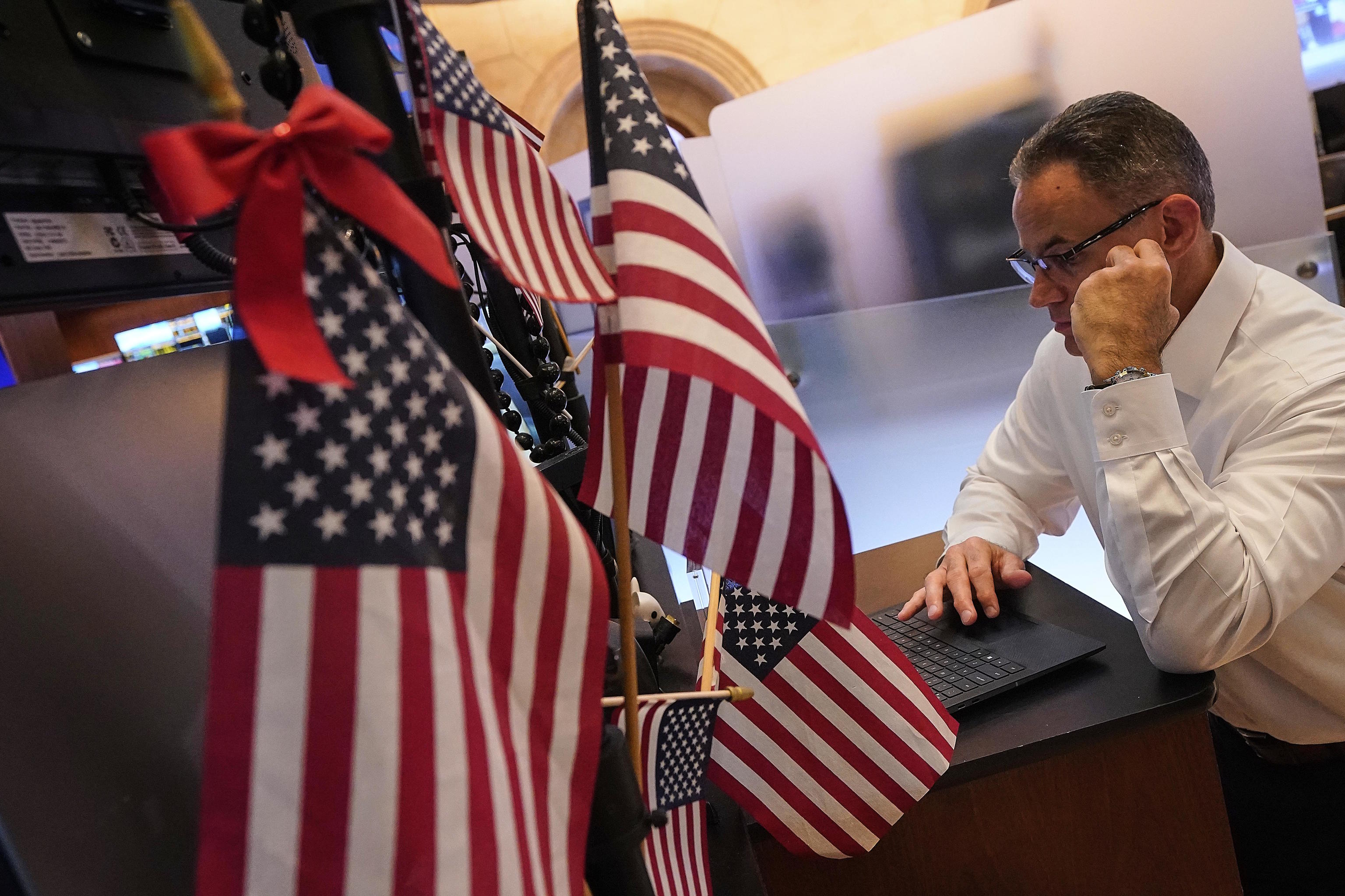The U.S. President, Donald Trump, has set out to maintain market tension until the last minute of his tariff truce. Today, a holiday on Wall Street celebrating Independence Day on his famous July 4, European stock markets are experiencing significant losses after the White House tenant has released alarming figures for investors, with tariffs of up to 60% and 70% planned for other countries.
Trump's goal is to send daily letters to each country in the coming days to notify them of the tariffs, reciprocal or not, that will be imposed starting on July 10, the day after the three-month self-imposed pause by the U.S. Administration due to the turmoil it caused in April in its debt, currency, and stock market. It is estimated that the president will send about 10-12 letters this Friday, "with additional letters in the coming days," as reported by the Bloomberg agency. The objective is for all imposed tariffs on other countries to be known by July 9.
The lack of specificity and the fact that Donald Trump has mentioned tariffs ranging from 10%-20% to a likely 60%-70% unsettles investors due to the repercussions this new geoeconomic order could have on the global economy in the coming years. The first asset to reflect this nervousness is the dollar, plummeting against other currencies, continuing to depreciate uncontrollably. We are talking about a 10% loss against the euro so far this year, reaching levels of 1.18 in the exchange rate, which are 2021 highs. The decline against safe-haven currencies like the Swiss franc or the Danish krone reaches 16% in 2025, which is the entire time Donald Trump has been in power since assuming office on January 10.
"It is worth noting that, so far, the U.S. has only reached agreements with the UK and Vietnam, as well as a truce with China until August 12, while there are advanced negotiations with Japan, India, South Korea, and the European Union. The decision to extend July 9 as the negotiation deadline will be up to Trump, depending on whether he believes that trading partners are acting in good faith," stated by Renta 4. Just a few days ago, the U.S. president once again threatened Japan with 35% tariffs due to negotiations that were stalling, citing "the toughness" of the Japanese stance in not yielding to his demands.
Early this morning in Europe, the American Congress has given the green light to the renamed Big Beautiful Bill, the new tax law proposed by the Republicans, which is indeed controversial as it could leave billions of Americans without health coverage. The text was ratified, albeit narrowly, by the U.S. Senate earlier this week. Analysts believe that the measures planned by the Trump Administration will exacerbate the U.S. deficit issue, which is already expected to close at record levels of 6.5% this year.
Thus, the balance in Europe, which already started in the red, shows increasingly significant losses, especially in the Ibex 35, which is down more than 1.5%, with banks leading the losses. BBVA is down 2%, while Inditex and Santander are experiencing drops of over 1.5%. The rest of the market is facing more moderate declines, below 1%. This is the case for Italy (down 0.9%), Germany, and France, around 0.6%-0.7%.
